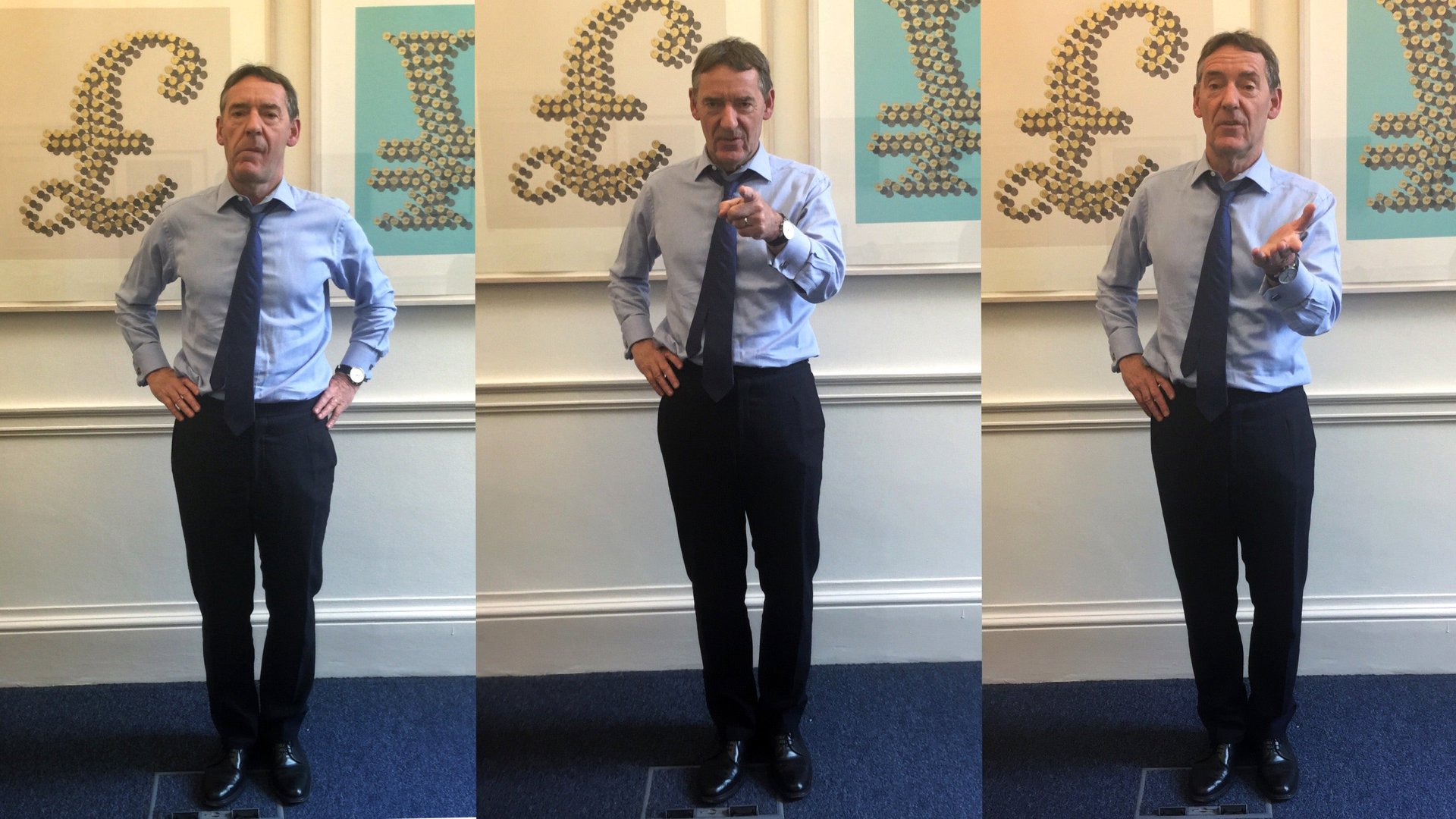The Goldman Sachs economist who coined the term BRIC is helping tackle the antimicrobial resistance crisis
Each year, the United Nations General Assembly meets to discuss the most pressing problems affecting people around the world. In its 70-year history, public health has only been discussed three times: once each for HIV, Ebola, and non-communicable disease such as obesity and diabetes.


Each year, the United Nations General Assembly meets to discuss the most pressing problems affecting people around the world. In its 70-year history, public health has only been discussed three times: once each for HIV, Ebola, and non-communicable disease such as obesity and diabetes.
On Sep. 21, it will discuss the threat of antimicrobial resistance, a concern that was little known just a few years ago. But recently scientists have discovered new strains of bacteria and parasites that are completely resistant to all known drugs. If these so-called superbugs proliferate before we find new drugs to fight them, we could be overwhelmed by a public health catastrophe on a level we haven’t seen since the 19th century when simple infections killed millions every year.
Though scientists have been aware of the risks of drug-resistant infections for some time, the urgency has increased in recent years because of our indiscriminate use of antibiotics. Studies suggest that over half the antibiotic prescriptions given in the US are probably unnecessary. Overuse of antibiotics is even worse in animals: Farmers use the drugs not just to prevent infections but also to fatten up their livestock. Any wasted antimicrobial is an increased risk for the development of superbugs.
Many people have worked hard to bring attention to the threat, but Jim O’Neill may have have been one of the most influential. O’Neill gained fame for coining the acronym BRIC (Brazil, Russia, India, and China), while he was the chief economist of Goldman Sachs. Since leaving the bank in 2013, he has held a series of jobs, including his current ministerial position in the UK’s treasury department.
In 2014, O’Neill took charge of leading the Review on Antimicrobial Resistance. Over two years, it produced a series of comprehensive reports that have been instrumental in shaping the dialogue about what could become the next global health crisis. Quartz met O’Neill after the final report from the review was published earlier this year. Following is our conversation edited and condensed for clarity.
What you are doing now is very different from what you have done in your life so far. Why did you choose to do it?
Because I was asked. *laughs*
It had been a great life at Goldman Sachs. I wanted to leave before I would have been asked to do so, because it always happens at such places. I also wanted to do something else, but I had no idea what else to do.
Some people said, when you leave, don’t start doing something else straight away. Take a break. So I did that and I developed this mantra about what I wanted to do next: “It can’t be better, so it needs to be different.” I didn’t really know what it meant, but it was a way of disciplining myself to not get attracted to something in conventional finance.
I did a number of things after a three-month break. I did this very enjoyable BBC documentary series about these so-called MINT countries [Mexico, Indonesia, Nigeria, and Turkey]. Then I did something very different then, which was to chair a commission on cities growth. And towards the end of that I was asked to do this. I thought it was pretty different, and that’s why I did it.
I’ve loved it. It’s one of the most stimulating things I’ve ever done. Honestly. It’s so complex and multifaceted.
The report has generated a lot of media coverage. What impact do you think it has had?
We’ve been lucky to a certain extent by the timing of when we did it. It certainly feels that, as we’ve traveled, we’ve been gathering more momentum and more people. It’s really exciting.
I have a small group of six people and they’ve worked so very hard. And it’s been a lot of fun. It feels like something where we’re influencing people.
Part of my job with this project was to lead a review that can have impact or create some noise, and I have some experience of such situations. Of course, I spent 30 years in finance creating a lot of noise. The hard part is whether stuff’s going to happen.
You suggest a number of solutions in the report. Which are you most optimistic about?
I couldn’t be black or white on that answer.
Many top pharmaceutical companies have given us supporting statements. They are also embarking on a journey where even they don’t know what the end game is. But they’ve said “don’t pick on us.” My answer to them is that “We’re trying to take everyone out of their comfort zones. We’re picking on everybody, not just you.”
It’s in their enlightened self-interest to do something about it. I say that as somebody who has spent 30 years in finance and as someone who was part of the car crash that came. I don’t think pharmaceutical companies are the most popular in the world. So they want to be careful about how much shouting they do. Because if something happens and we get close to 10 million people a year dying, guess who would be at the front of the queue of people to be blamed?
What do you think about the UN getting involved?
Two years ago, when we first began discussing the idea of the G20 and the UN taking a lead in the global response to drug resistance, a common reaction was “good luck with that.” But the progress made since, right across the global community, has been remarkable.